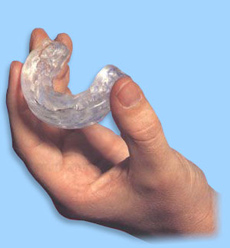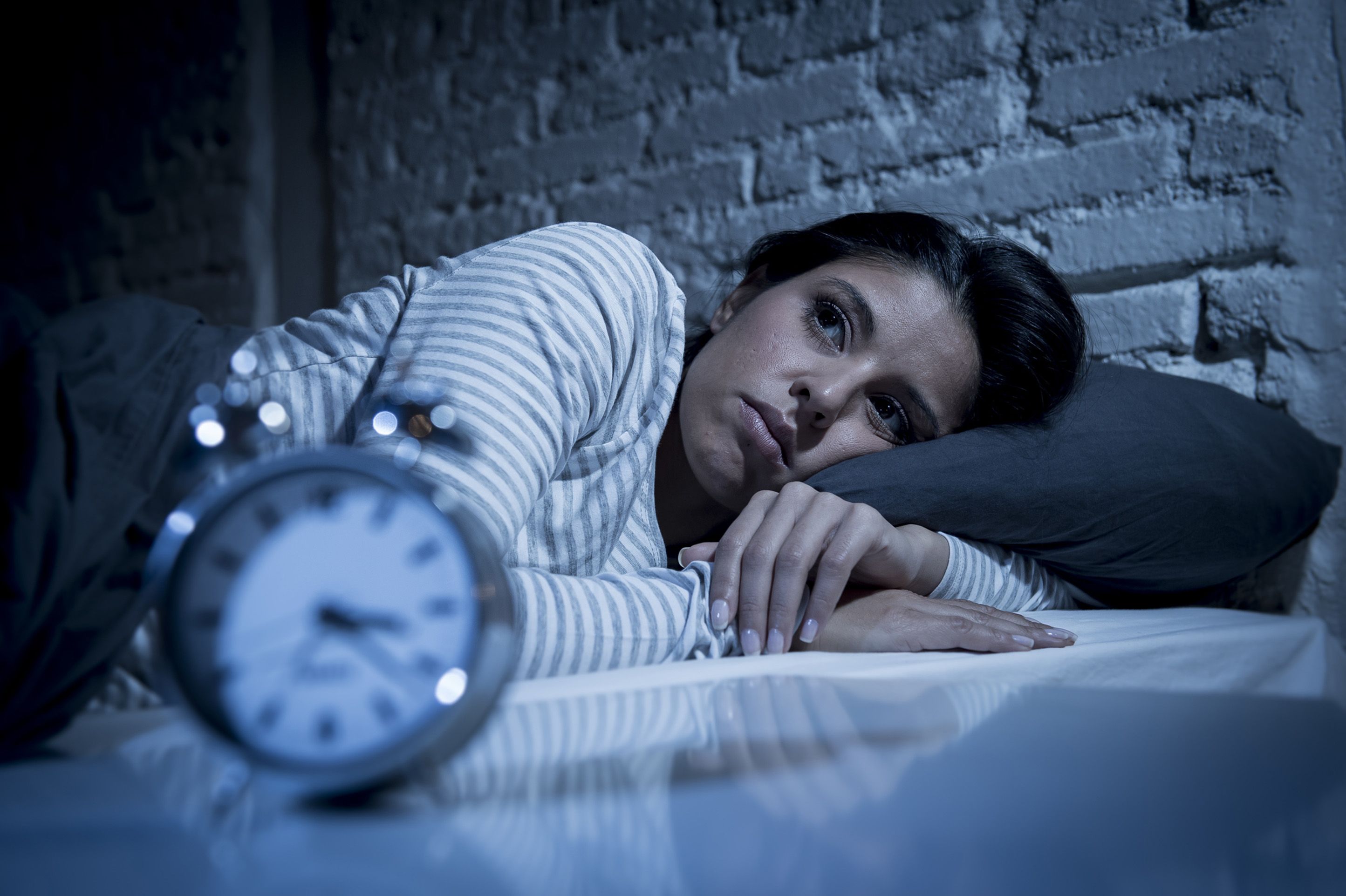Behavioral effects of sleep deprivation.
Behavioral effects of sleep deprivation differ from person to person, fundamentally the causes are the same.There are certain known behavioral effects of sleep deprivation. Lack of the correct amount of restful sleep is an epidemic in our civilized nations of the 21st century.
The vast majority of adults and many children walk around sleep deprived to one degree or another. Not getting enough sleep has become so routine that it’s accepted as “normal” much of the time. But this is a very unhealthy cultural norm such that the behavioral effects of sleep deprivation have now been accepted as a “normal” thing.
Studies have proven that 95% of human beings need to get anywhere from six to eight hours of uninterrupted sleep per night. The remaining 5% are rare individuals who can get away with just five hours of sleep per night and still be healthy. Stories abound of famous leaders or captains of industry who only need three or four hours of sleep per night, but these are fallacies. Those people engage in constant cat napping such as when they’re riding in the limousine to the airport or on the flight or here and there at their desks so that it all adds up to more like six or seven hours of sleep per 24 hours; they simply don’t sleep more than a few hours at night or at any one time.
Anyone who is not getting the minimum amount of needed sleep is prone to health and behavioral problems. Many people either ignore these difficulties because they don’t seem important or they haven’t yet manifested themselves in a chronic way, but this is just opening wide the door to serious problems later on and this “who cares” attitude is not healthy one.
One of the most important aspects of sleep is the fact that research has shown this is the time when the brain is making new neuronal pathways and synaptic connections to process new or complex information that the activities of the waking world interfere with. Sleep time is not “for the dead” nor “practice for death” as old romantic notions claim, and the brain is not merely firing off randomly in either dreaming or dreamless sleep. Sleep and dreams, we now know, are purposeful; they are the brain recharging its batteries and solidifying new knowledge and behaviors that the person needs in his waking life.
This is why people who have been working on intellectual or creative problems intensively during the day without being able to solve them suddenly have a “eureka” moment or a revealing dream as they sleep–while not being interfered with by other needs and actions, the brain has grown the new pathways and connections that were needed to solve the problem or see the complete solution.
So, the brain never truly sleeps, but it does absolutely need to go into “sleep mode” to function properly and be able to drive the body to function properly as well.
Stress is one of the leading reasons that people don’t get enough sleep. They feel unable to put the cares of the day behind them for a while, even though losing sleep is just going to make it more difficult to deal with them the next day. People who are losing sleep from stress can suffer from all kinds of problems which may seem only minor or, even worse, “normal” to them, including digestive problems, “fuzzy brained” thinking where they can’t focus properly either on personal or job-related matters, a loss of creative inspiration if they are in a creative field, morbid thoughts that can affect their personal relationships or outlook on life, constant anger or anxiety or irritability, sudden mood swings, feeling “jittery”, dizziness, headaches, low levels of energy, apathy or cynicism, and problems with their sex lives.
It’s easy to see that some or all of these symptoms could, if not relieved, cost somebody their job or their close relationships, even their marriage.
But in some people, the lack of sleep can bring on even worse symptoms, especially if they have been suffering from a lack of sleep for an extended time. Research has determined that people who don’t get enough sleep are much, much more prone to putting on unwanted weight. Their bodies’ metabolisms after a while don’t function as efficiently as they should, because the brain’s lymbic system has determined that due to the increased levels of cortisol in the bodily system (which lack of sleep brings on) there must be a dangerous situation going on and the body needs to store more fuel for quick energy. Sugars and fats are the body’s two first lines of energy, so the body begins metabolising less and storing more of these fuels, resulting in the pounds getting packed on.
Research has also found that people who do not get sufficient sleep are far more apt to overeat, probably for similar instinctive reasons, and this again leads to becoming overweight. Becoming overweight also has direct ties to increased risk of heart disease.
Lack of sleep also threatens to increase the risk of heart disease in another way: getting too little sleep strongly tends to raise your blood pressure. Elevated blood pressure levels make the heart overworked, and that’s clearly a formula for getting heart disease.
Some research has suggested that as many as 10% of people suffer from full-blown chronic insomnia, which in itself could be a Behavioral Effects of sleep deprivation, which is a serious problem with falling asleep, having uninterrupted sleep, or being able to go back to sleep if waking too early. Chronic insomnia can cause clinical depression (which can lead to alcoholism or other substance addictions) and severe anxiety disorders in addition to inducing of the above mentioned symptoms including the behavioral effects of sleep deprivation.
So sleep is not for the dead–it’s for the living. And it’s for more than just relaxing–it’s for the fullness of the health of your mind and body. Thank you for reading Behavioral Effects of sleep deprivation.
Back From Behavioral Effects of sleep deprivation to Sleep Deprivation Effects Page.
Return From Behavioral Effects of sleep deprivation to Sleeping Disorders Homepage.






